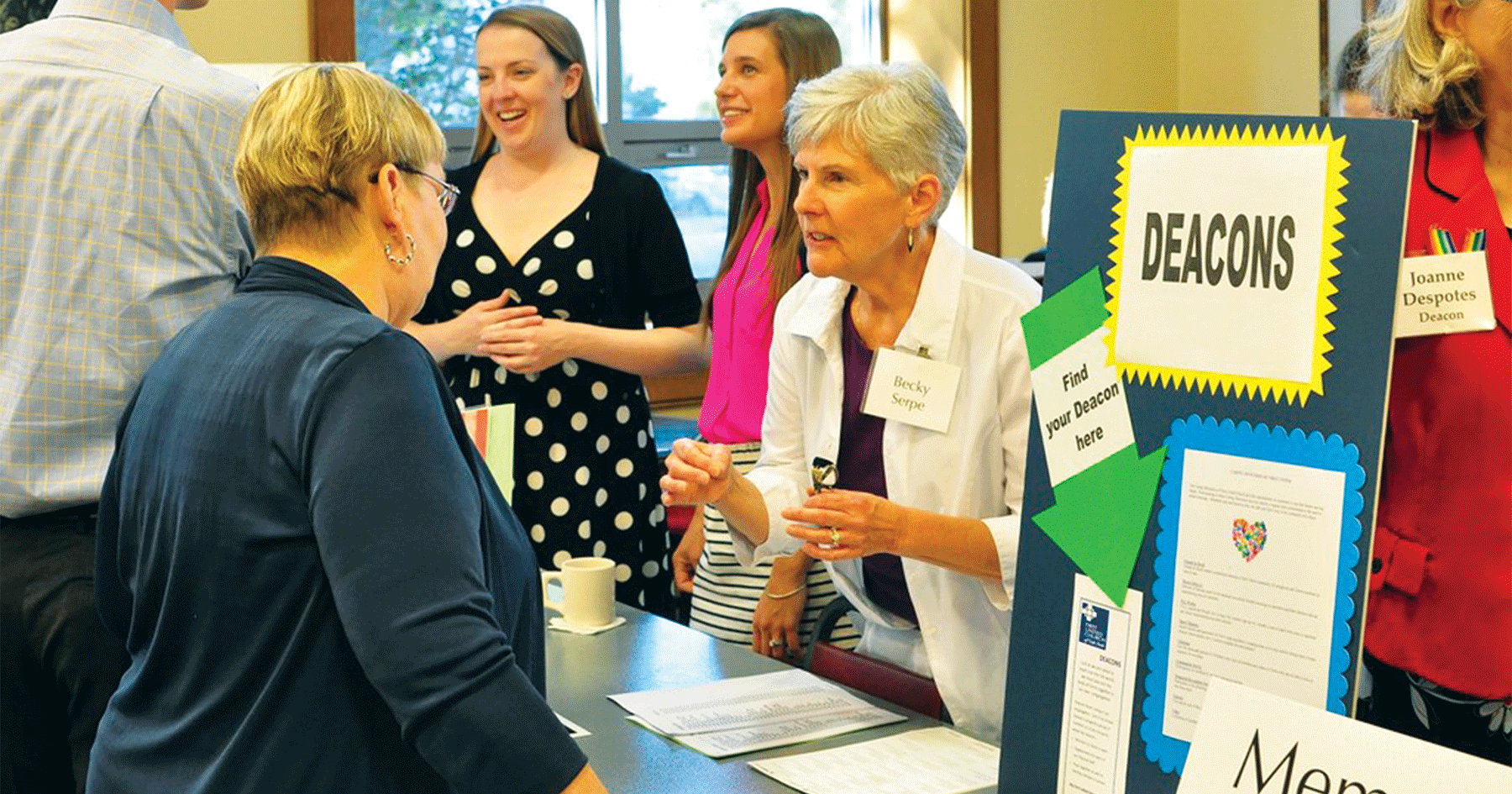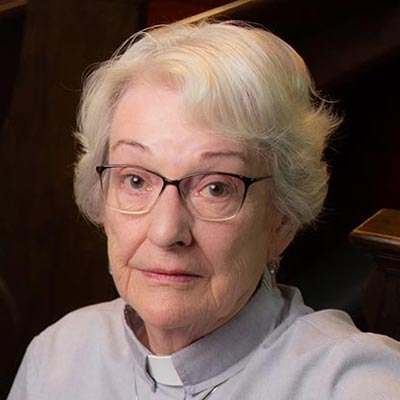Matthew 25:40
“And the King will answer them, ‘Truly, I say to you, as you did it to one of the least of these my Brothers, you did it for me’”
Pastoral care:
Since the pandemic, pastoral care has become critical. Many of our older church members have found that the YouTube services fit their lifestyle now. Some have ongoing health issues which stop them from attending, some find it difficult to be up in time, or have difficulty getting ready by the time they should leave.
Under these circumstances, a pastoral care visit becomes very important to those at home as well as for the church. Some will ask for communion, while others want a visit and maybe a small prayer service. It doesn’t matter as long as they feel that they are seen and loved.
From my list, my commitment is to visit or call at least one person a week. I know our churches seem to be losing members, but if we take into account those who are staying home, our numbers do increase. The question is, how do we attract more people?
I think by being visible in the world, which takes us right back to the homeless: those caught in their homes for a multitude of reasons and those with no home to go to are both connected if we remember our calling. It is all pastoral care with two different but important needs. We are called to present ourselves as Christian people who care. The message is there, clear and strong. It is like St. Francis said, “go out and preach the bible and when necessary use words.”
After a visit, both to share some time and to share the Eucharist, a person I visited said that this had been the best afternoon, and how happy they were. This affirms the importance of pastoral visiting. The people who were integral in forming the community that we now enjoy are now shut in. They need to be gathered in to the same community they helped build, but in a different way.
Galatians 6:2 “Carry one another’s burdens and therefore fulfill the law of Christ.”
Homelessness:
This is a more difficult problem, but it does fall under pastoral care. In our neighbourhood around the church, there is a problem with people camping as well as leaving their trash, which falls to others to clean up.
This can also be dangerous as the dynamics of the people have changed. We now have repeat offenders being dropped off in our community, as they are released from prison. How do we care for them safely? I think of the Good Samaritan who helped without a thought. What are we, as members of the church, the Priest or the Levite? Or can we become the Good Samaritan?
One of the ways to handle the problem is to lobby city council to put rules in place to protect the private citizen who wants to help.
One thought, as an advocate travelling with the police, this may be a way for some on the street to get the help they need. At this point in time, as the situation gets worse, people want to help but have no guidance; the police and security guards are frustrated and sometimes just walk away.
As a Deacon, we are called to “reach from the church to the world” and yet right now, without training, it’s not safe. However, after meeting with a group who is working with the homeless, I realized that there are many things that we can do to help. None of us can sit back and say it is not our problem. It belongs to all of us.
Not only are food, shelter, and clothing a human right, but so is the right to have healthy relationships. I think that out of all these, the healthy relationships are the most important. Those relationships give people a feeling of belonging and importance. They give them a reason to move towards healthier relationships.
A friend of mine had a conversation with a homeless man, noticing that he had an infected eye. She tried to take him to the hospital, but he had had such bad experiences he refused to go. She finally was able to convince him to go, where they ran into a social worker who took over his care, and was able to house him. You never know where a short conversation as well as a helpful hand can lead.
I had the opportunity to help an 18-year-old girl get some warm clothes. In a conversation with her, it was revealed that she is homeless, living in a tent, and does not get any financial support until she turns 19. She is going to Narcotics Anonymous meetings, which tells me there was a drug problem, nowhere to live, and limited support services. Communities across the province are reeling with this same problem. It’s heartbreaking and, as winter temperatures drop, it’s also life-threatening.
This season, please have a soft heart. Please embrace compassion as you make your rounds.
Matthew 25:40 “Truly I tell you, whatever you did for one of the least of mine, you did for me.”


